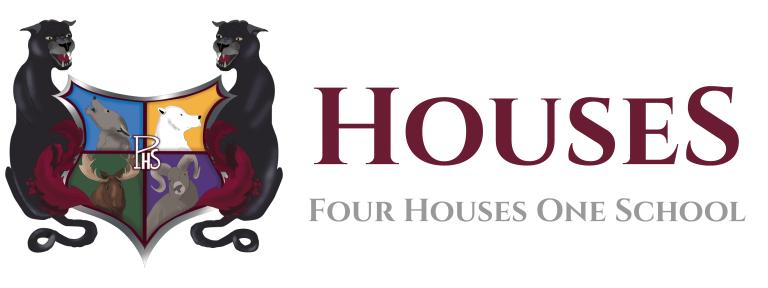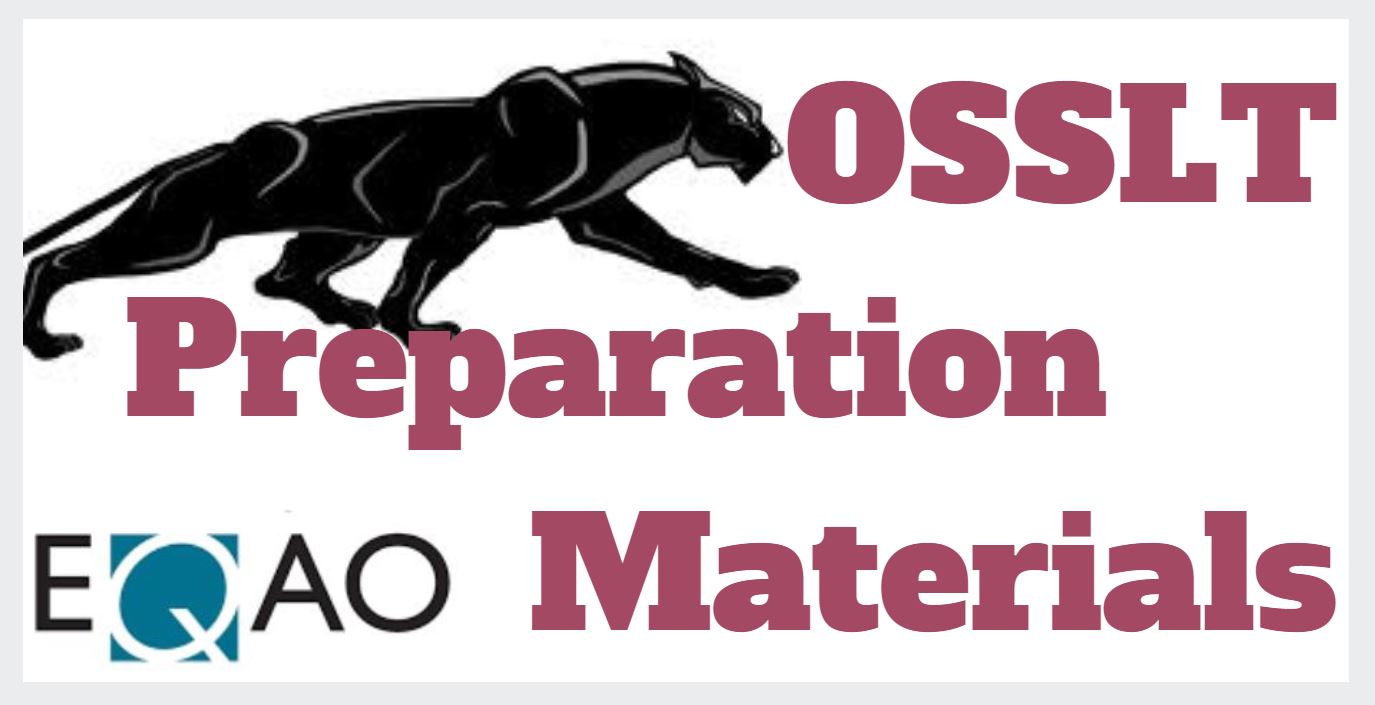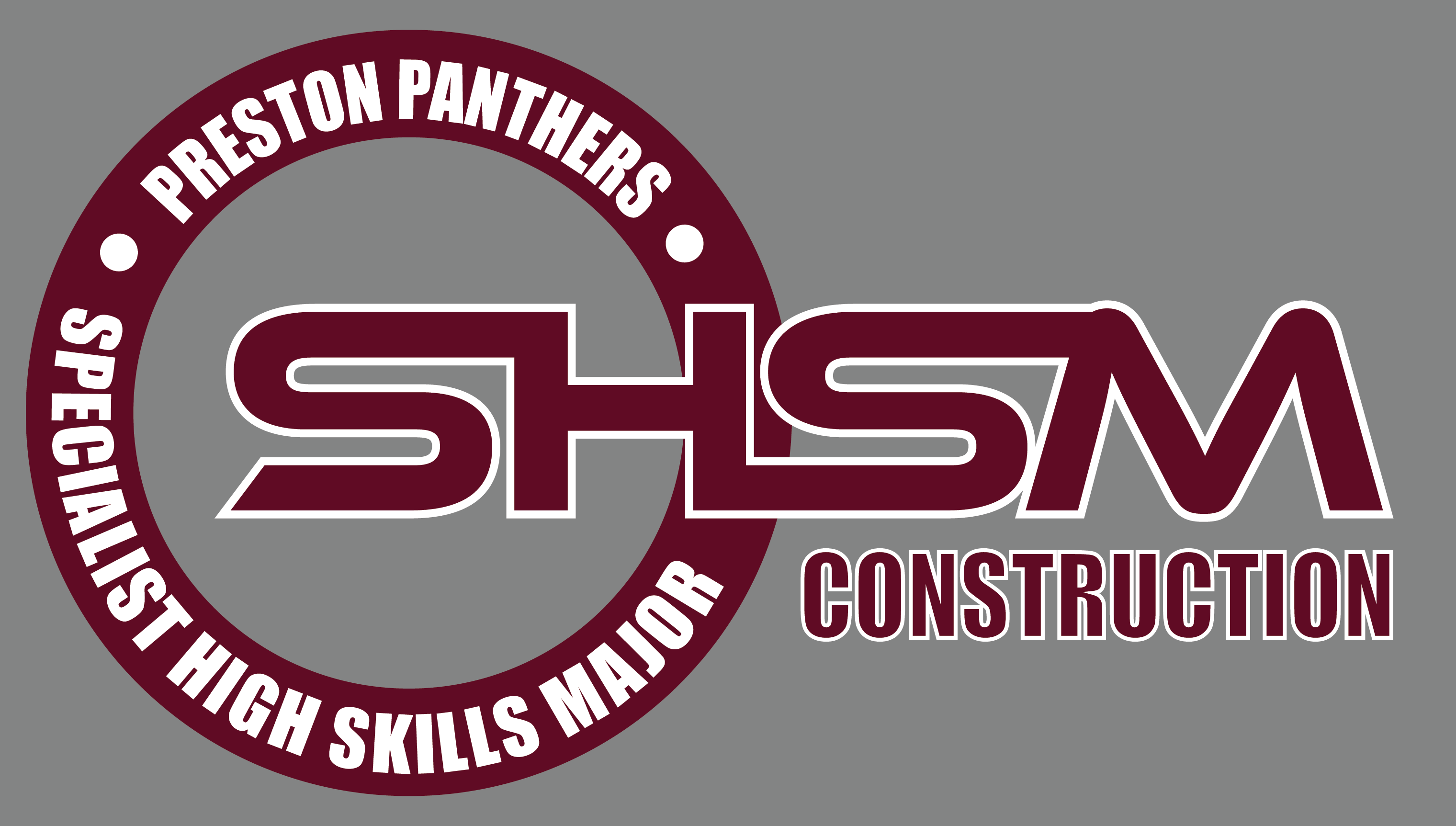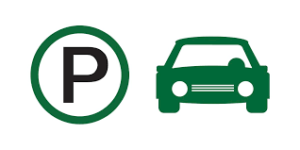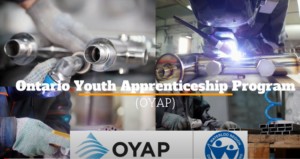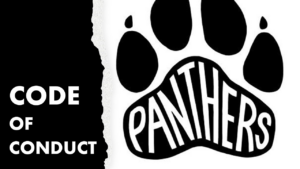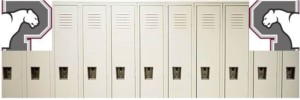Welcome to the Technology Department!
The Technological Studies Department at PHS offers 23 courses in 6 disciplines: Construction, Communications, Computers, Design, Transportation, and Manufacturing. Our courses aim to provide students with a range of skills and experiences that fit students’ abilities, interests, and destinations. Some examples of this could be a student might take Communications, Design and Media to improve their skills in creating dynamic presentations and reports to support their academics. A student bound for Engineering can gain important problem-solving, design, or technical skills to support their post-secondary destination. The students wishing to work with their hands and explore trades can focus on building advanced skills in Manufacturing, Transportation, Construction and Design.
Courses and curriculum documents
TAS1OI Technology and the Skilled Trades – Manufacturing and Transportation
TCJ1OI Construction and Design Technology
TGJ1OI Communication, Design and Media Technology
TCJ2OI, TCJ3EI*, TCJ4EI* Construction Technology (wood)
TMJ2OI, TMJ3EI, TMJ4EI Manufacturing Technology (metal)
TTJ2OI, TTJ3CI**, TTJ4CI** Automotive Technology
TTJ4EI Vehicle Maintenance
Please read the course descriptions under Technological Education.
Gr. 9 & 10 Technological Education curriculum document
Gr 11 & 12 Technological Education curriculum document
What is OYAP?
Department Staff
Mr. Brubacher paul_brubacher@wrdsb.ca Department Head
Mr. MacMaster david_macmaster@wrdsb.ca
Ms. Simonetto nicole_simonetto@wrdsb.ca
Mr. Quosai Michael_quosai@wrdsb.ca Link to Mr. Quosai‘s website.
Mr. Erle jesse_erle@wrdsb.ca
Extra opportunities in Tech!
Students in Technological Studies have a number of opportunities for extracurricular involvement both formally and informally. Formally students have the opportunity to be involved in Skills Competitions in Welding, Manufacturing, and Transportation or the Preston EV (Electric Vehicle) Club. Informally students in many Tech areas use their skills in support of many school activities for example making signs for an open house, sets for the school play, designing and fabricating benches for the halls or around the school. Creating videos and photo slideshows for assemblies and other student activities. Technological skills allow students to contribute to school life demonstrating their skills and passions across various curricular activities.
Student FAQs
Q: Should I take the mandatory Technology Studies course in Grade 9 or wait until Grade 10?
A: The answer depends on what type of technology interests you. In grade 9 courses, you will be exposed to more than one type of trade in each course. The grade 10 courses specialize on one subject area. Also to note if you are interested specifically in Computer Technology or Design Technology, those types of technology are offered as full courses in grade 10; therefore if that is your only technology interest, wait to take the full course in grade 10.
Q: Can I take more than one Technology course in a school year?
A: Yes, more than one elective technology course may be selected within the same school year in grades 9, 10, 11, & 12.
Parent FAQs
Q: Why would a Technology course be made mandatory to earn a high school credit in Ontario?
A: Technology surrounds us in all parts of our lives, technological studies courses will provide many insights into the workings of the world we live in. An understanding of technology is as important to understanding the world around us as geography or the environment. Students participating in Technological Studies programs learn to develop lifelong learning habits that will help them adapt to technological advances in the changing workplace and world. Technological Education will make connections that will help students take advantage of potential postsecondary educational and work opportunities. They will develop the skills, including critical thinking skills, and the knowledge of strategies required to do research, conduct inquiries, and communicate findings accurately, ethically, and effectively. Students will achieve the level of technological competence they will need in order to succeed in their post-secondary education or training programs or in the workplace. Lastly, it is known that there are jobs in skilled trade fields and a shortage of people to fill these jobs.
Q: Does my child need to take a Technology class to get an apprenticeship?
A: No, however taking technology courses allows students to make good and informed choices of apprenticeships that are best for them and in many cases improve their opportunity of finding an apprenticeship right out of high school. Many students couple Technology classes with Cooperative Educational experiences and find apprenticeships upon graduation.
Q: Are there any University level technology classes?
A: Yes, there are several University career pathways available offered at the M College/University level such as: Communications Technology, Technological Design, and Computer Engineering. These courses may not be listed as a specific course prerequisite, but each of these courses can be used in qualifying averages for admission to university and college. Communication Technology courses provide opportunities for students to build portfolios required for programs. Technological Design and Computer Engineering provide CAD Design, programming, and problem-solving experience required in most engineering programs. Knowing how to use tools and equipment safely and correctly, learned in our Manufacturing Programs, is considered a valuable asset and is also something that University Engineering Programs consider in first-year qualifying applications.
